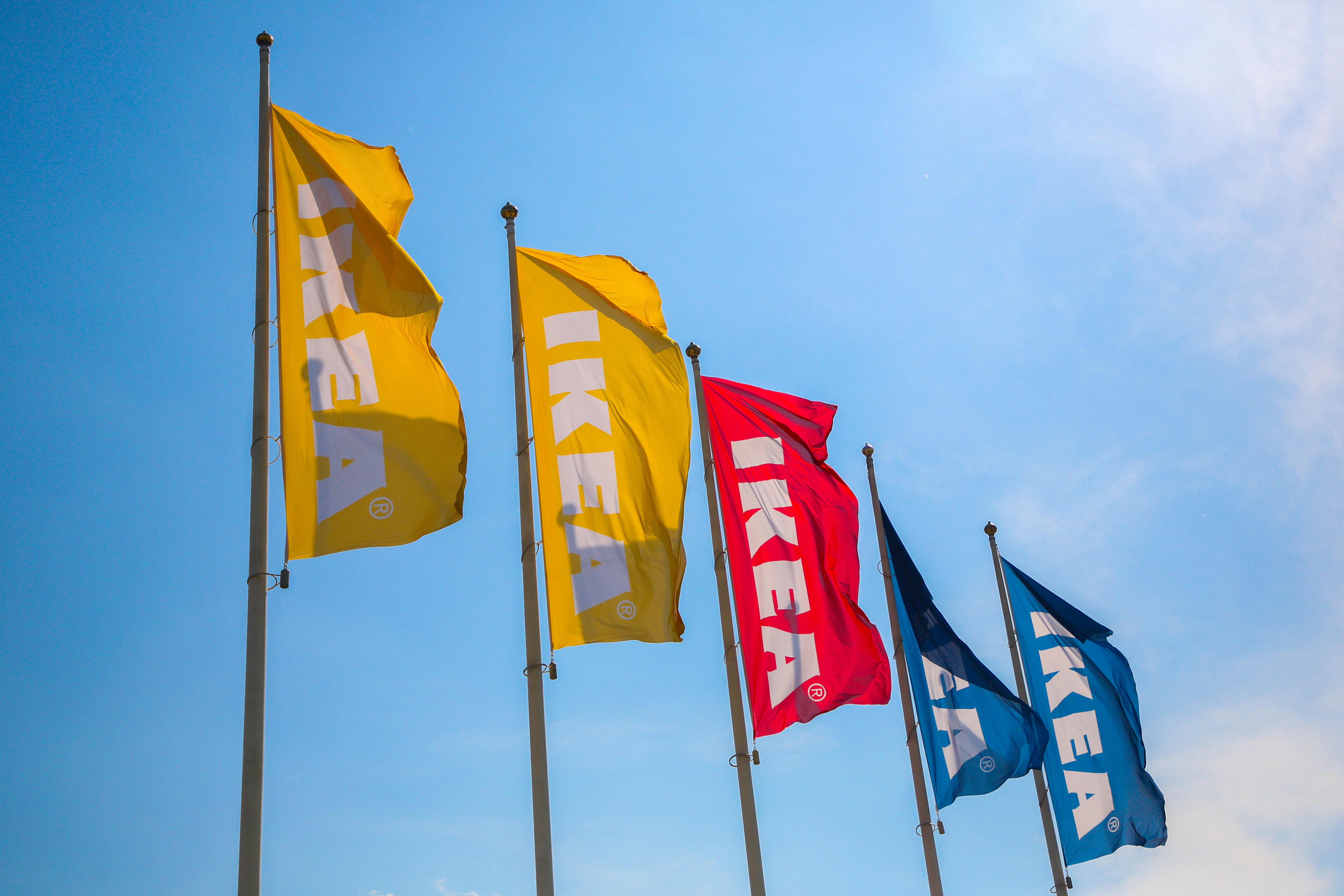Ikea flags are seen in Krakow, Poland on 6 June, 2017. (Photo by Beata Zawrzel/NurPhoto via Getty Images)
Beata Zawrzel | NurPhoto | Getty Images
The Inter Ikea Group has said it will invest 200 million euros ($220 million) to accelerate its transition into what it describes as a “climate positive business.”
In an announcement Wednesday the Group, which among other things develops and supplies Ikea’s product range, said the money would focus on two areas: investing in schemes “aimed at removing and storing carbon through reforestation and responsible forest management”; and using renewable energy in its supply chain.
“Our ambition is to reduce more greenhouse gas emissions in absolute terms by 2030 than the entire Ikea value chain emits, while growing the Ikea business,” the Inter Ikea Group’s CEO, Torbjörn Lööf, said in a statement Thursday.
There is work to be done if Ikea is to achieve its goals. In its sustainability report for the 2018 fiscal year, Ikea said its climate footprint was estimated to be 26.9 million tonnes of carbon dioxide equivalent. This is an increase of 2.8% compared to the 2016 fiscal year, a rise Ikea put down to “the growth of the Ikea business.”
In the report, released in March, Ikea also noted that “decoupling” its growth from greenhouse gas emissions would “take time”, adding that it expected emissions to “increase for a few years before decreasing.”
It listed three key challenges for its aim to be climate positive: cutting its raw material footprint; lowering emissions from customers traveling to its stores; and moving to renewable heating and fuels, a sector it described as “experiencing slow progress globally.”
Ikea is one of many global firms aiming to reduce its impact on the environment. The Ingka Group, which is the biggest Ikea franchisee, is a founding partner of the RE100, a global initiative of major businesses, all committed to 100 percent renewable electricity.
Other members of the RE100 include Facebook, Goldman Sachs and Microsoft. The RE100 is led by The Climate Group in partnership with the CDP, formerly known as the Carbon Disclosure Project.
